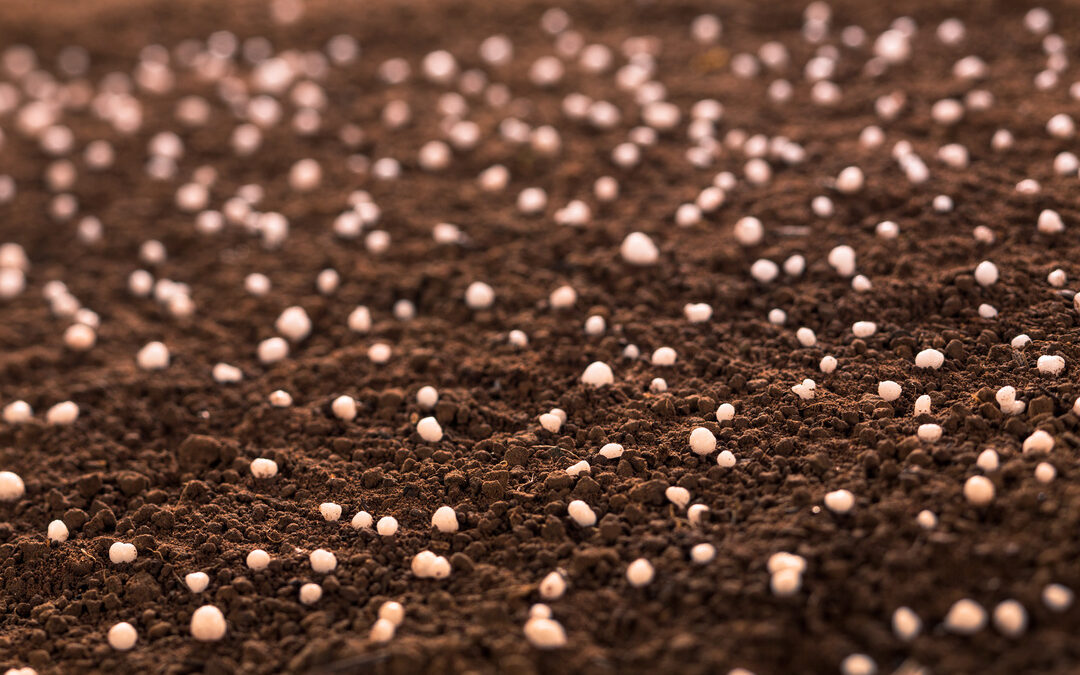BASF, Yuntianhua Achieve Major CO2 Emission Cuts Using Litmus Inhibitor
BASF’s Limus-treated fertilizer cuts over 46,000 tons of carbon dioxide equivalent emissions in pilot project.
German chemical giant BASF and China-based fertilizer manufacturer Yunnan Yuntianhua Co., Ltd. have successfully verified and registered greenhouse gas emissions reductions resulting from the use of stabilized urea fertilizer treated with BASF’s urease inhibitor, Limus, the companies announced on Tuesday.
The pilot project, launched in 2023, demonstrated that the application of Limus-stabilized urea fertilizer resulted in an estimated reduction of 46,584 metric tons of carbon dioxide equivalent emissions compared to untreated urea, based on fertilizer sales data from the trial period.
The emissions savings were independently verified in accordance with the ISO 14064 standard and registered in the GHG CleanProjects Registry, an international database for carbon accounting. Carbon management consultancy First Climate supported the verification.
Addressing Agricultural Emissions
Urea fertilizers are a significant source of nitrogen loss in agriculture, with up to 15 percent of the applied nitrogen lost as ammonia, which contributes to both environmental degradation and reduced crop efficiency.
Additionally, a portion of applied nitrogen is converted to nitrous oxide, a potent greenhouse gas.
Limus works by inhibiting urease activity, thereby stabilizing nitrogen in the soil and reducing emissions.
Field trials conducted by Yuntianhua have demonstrated that Limus-treated fertilizer not only reduces environmental impact but also enhances nitrogen use efficiency and crop yields.
“This pilot proves the feasibility of verifying emissions reductions in agriculture and underscores its role in addressing climate change,” said Markus Schmid, nitrogen management business lead at BASF. “With the second monitoring cycle underway, we are looking to expand these efforts across the global food value chain.”
Expansion Underway
Following the pilot’s success, BASF and Yuntianhua have launched a second monitoring cycle to measure emissions reductions from Limus-stabilized fertilizer usage in 2024. BASF is also engaging with other international fertilizer producers to replicate the model globally.
“This is a triple-win for the fertilizer industry, farmers, and the environment,” said Chen Jin, general manager of Yunnan Yuntianhua Agricultural Material Chain Co., Ltd. “Our continued collaboration with BASF supports our strategy to modernize agriculture with innovative and sustainable solutions.”
The initiative is part of broader efforts by both companies to advance climate-smart agriculture. BASF, which invested €919 million in agricultural R&D in 2024, is developing integrated solutions that combine seeds, crop protection, digital tools, and sustainability measures.
In 2024, BASF’s Agricultural Solutions division generated €9.8 billion ($11.12 billion) in sales.
Also Read:
Breakthrough in Nitrogen Use Efficiency Promises Greener Farming Practices
Nirmal Menon
Related posts
Subscribe
Error: Contact form not found.


